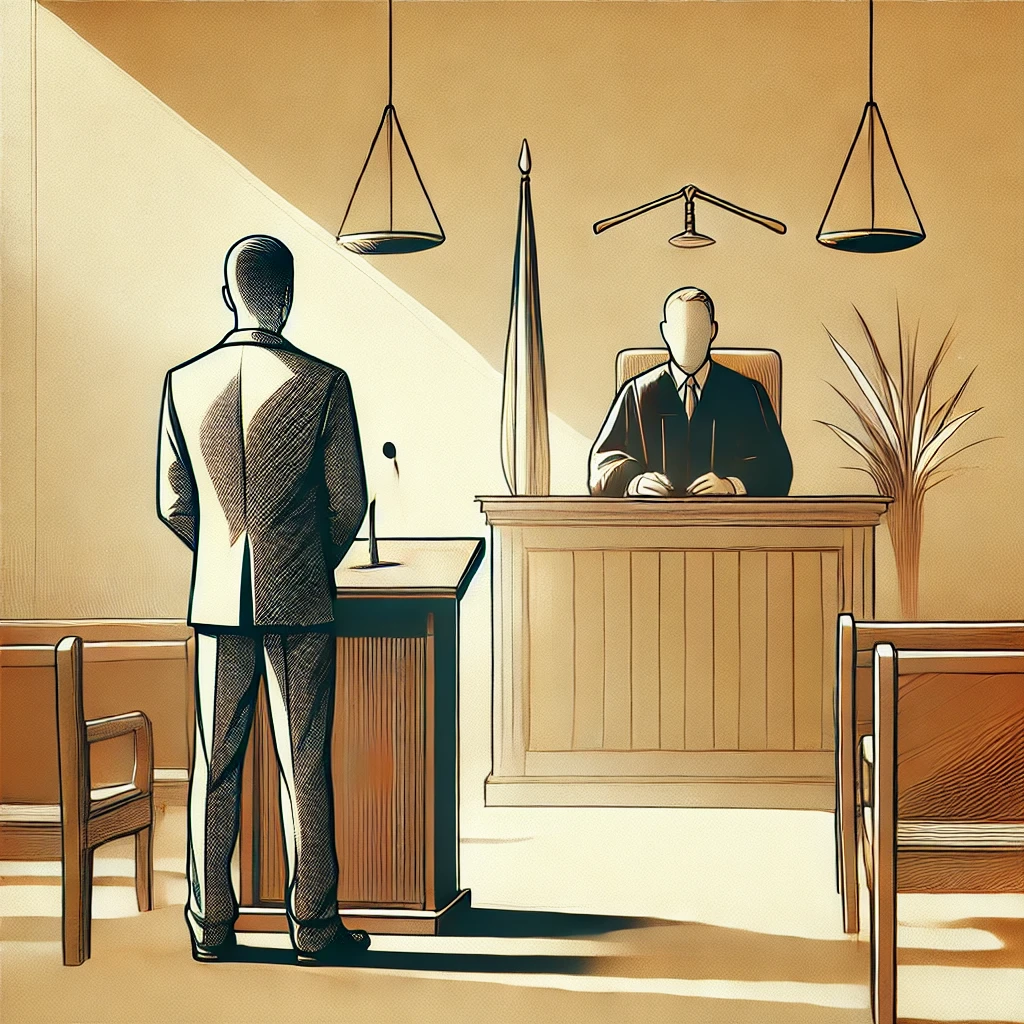Introduction
When facing criminal charges, the question, “Can I represent myself?” often arises. While you do have a constitutional right to represent yourself in criminal cases, this path is rarely recommended due to the complexity and high stakes involved. In this two-part series, we’ll dive into the risks and realities of self-representation.
Ultimately, our goal is to show why having skilled legal representation—someone well-versed in criminal law and court procedures—is invaluable. This first part covers the basic right to self-representation, competency requirements, and the significant challenges that can arise when going it alone.
Legal Right to Self-Representation
In the United States, the Supreme Court has upheld a defendant’s right to represent themselves in criminal proceedings, known as “pro se” representation. However, this right is not absolute; defendants must demonstrate competency to proceed without legal counsel. Judges examine specific criteria to assess this.
Competency Requirements
To represent yourself, you must convince the judge that you are competent to do so. Here’s what the judge will consider:
– Age and Education: Youth or lack of education may impact your ability to represent yourself effectively.
– Severity of Charges: Complex or serious cases are less likely to get court approval for self-representation.
– Understanding of Court Procedures: Representing yourself means managing the intricacies of court processes and legal terminology.
– Mental Competence: A clear, stable mindset is essential for navigating legal proceedings independently.
– Language Skills: A strong grasp of legal language, especially if English is not your first language, is crucial for self-representation.
Competency to represent oneself requires a higher threshold than merely being competent to stand trial.
Risks and Disadvantages of Self-Representation
Representing yourself can be risky, especially if you’re unfamiliar with criminal law. Here are some key risks to consider:
– Limited Legal Knowledge: Criminal law is complex, and without specialized training, you may overlook critical defenses.
– Resource Limitations: Self-represented defendants lack access to valuable legal research tools and resources.
– Greater Likelihood of Errors: Without experience, making critical mistakes is much easier.
– Emotional and Mental Toll: Facing criminal charges alone can be overwhelming.
The risks of self-representation often outweigh the perceived benefits. Check out Part 2 later this week where we’ll discuss specific situations where self-representation might be considered and what you can expect from judges if you choose this route.
Conclusion
While you may have the right to represent yourself, this choice often comes with significant drawbacks. An experienced criminal defense attorney brings knowledge, resources, and strategies essential for protecting your rights and ensuring the best outcome possible. If you’re facing criminal charges, contact my office for a consultation. Let’s discuss your case and work together toward the most favorable outcome.

